Why Encrypted Messaging Apps Are a Must-Have
In today's digital age, protecting your online privacy is more important than ever. Encrypted messaging apps are a must-have tool for safeguarding your personal information and communications from prying eyes.
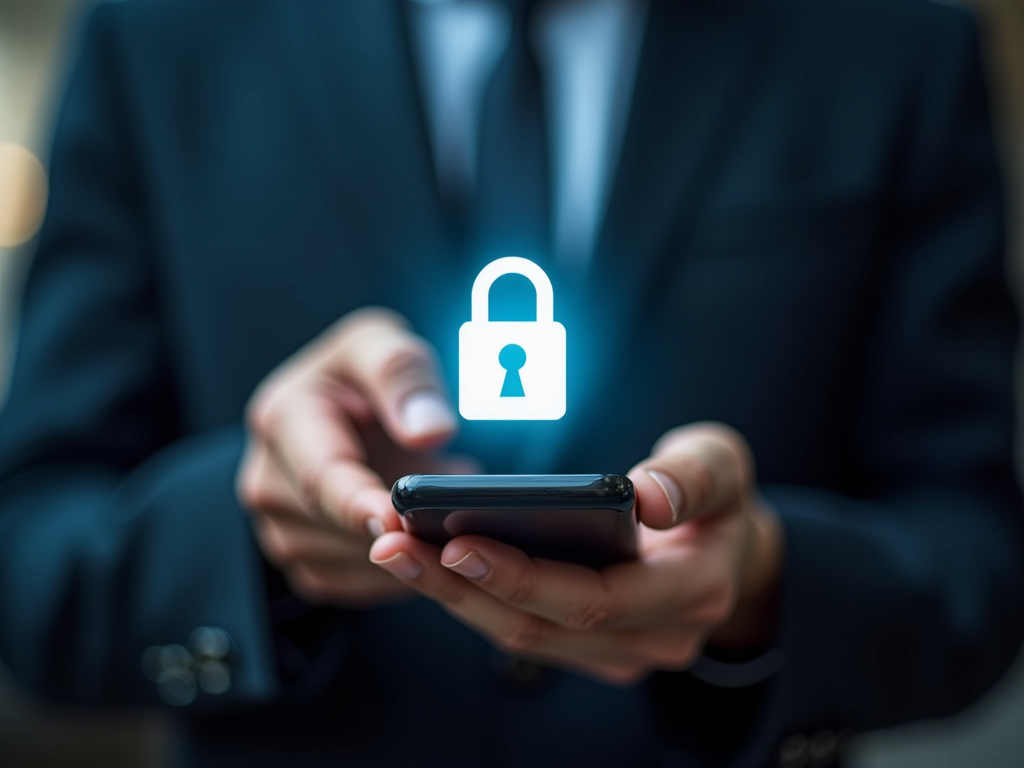
Imagine sending a letter through the mail without an envelope. Anyone who handles the letter can read its contents. That's essentially what happens when you use unencrypted messaging apps. Your messages are like open letters, vulnerable to interception by hackers, government agencies, or even the app providers themselves.
Encrypted messaging apps, on the other hand, are like sending your letter in a sealed envelope. Only the intended recipient can open and read the message. This is achieved through end-to-end encryption, which ensures that only the sender and receiver have the keys to decrypt the message.
But why is this important? Let's consider a few scenarios:
-
Personal Privacy: You might be sharing sensitive information, such as financial details or personal secrets, with friends or family. Encryption ensures that only the intended recipient can access this information.
-
Professional Security: If you work in a field that requires confidentiality, such as law, medicine, or journalism, encrypted messaging apps are essential for protecting client or patient information.
-
Political Activism: In some countries, political dissent can be dangerous. Encrypted messaging apps allow activists to communicate securely without fear of reprisal.
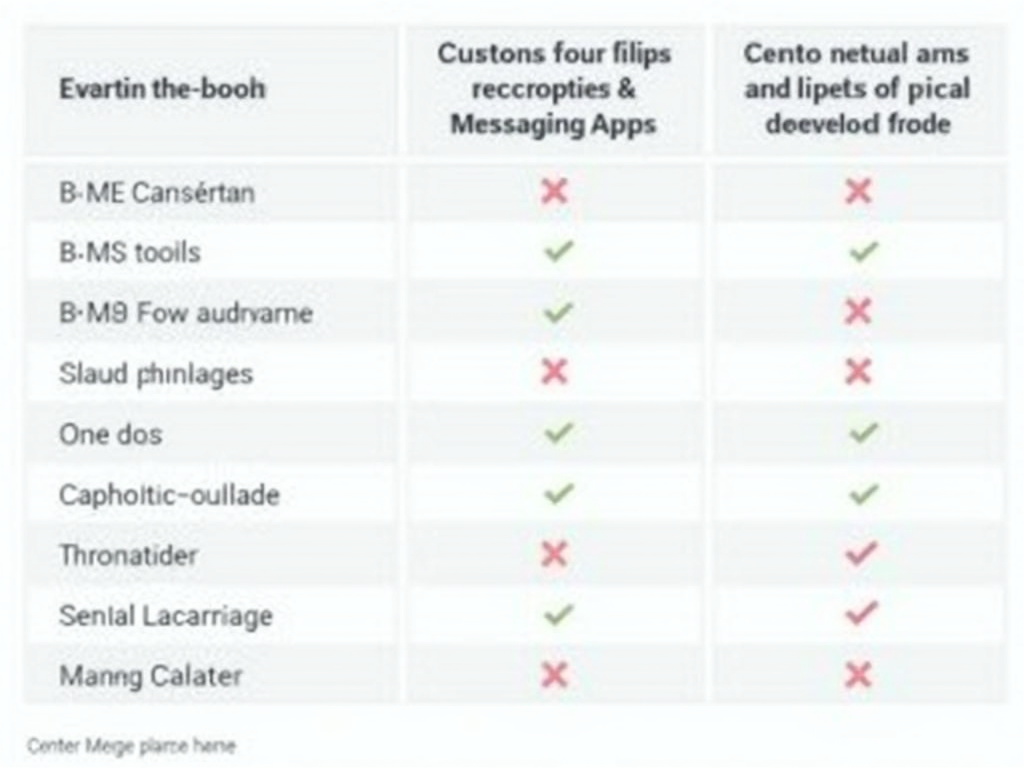
Now, let's talk about some of the best encrypted messaging apps available. I'll focus on a few popular options and their features.
Best Encrypted Messaging Apps:
-
Signal: Signal is widely regarded as one of the most secure messaging apps. It uses end-to-end encryption for all messages and calls, and its open-source nature allows for transparency and community auditing.
-
Telegram: Telegram offers end-to-end encryption for its "Secret Chats" feature. While not all chats are encrypted by default, it's a popular choice for its user-friendly interface and large group chat capabilities.
-
WhatsApp: WhatsApp uses the same encryption protocol as Signal, making it a secure option for messaging. However, its parent company, Facebook, has raised privacy concerns for some users.
When choosing an encrypted messaging app, consider factors such as ease of use, compatibility with your devices, and the app's privacy policy.
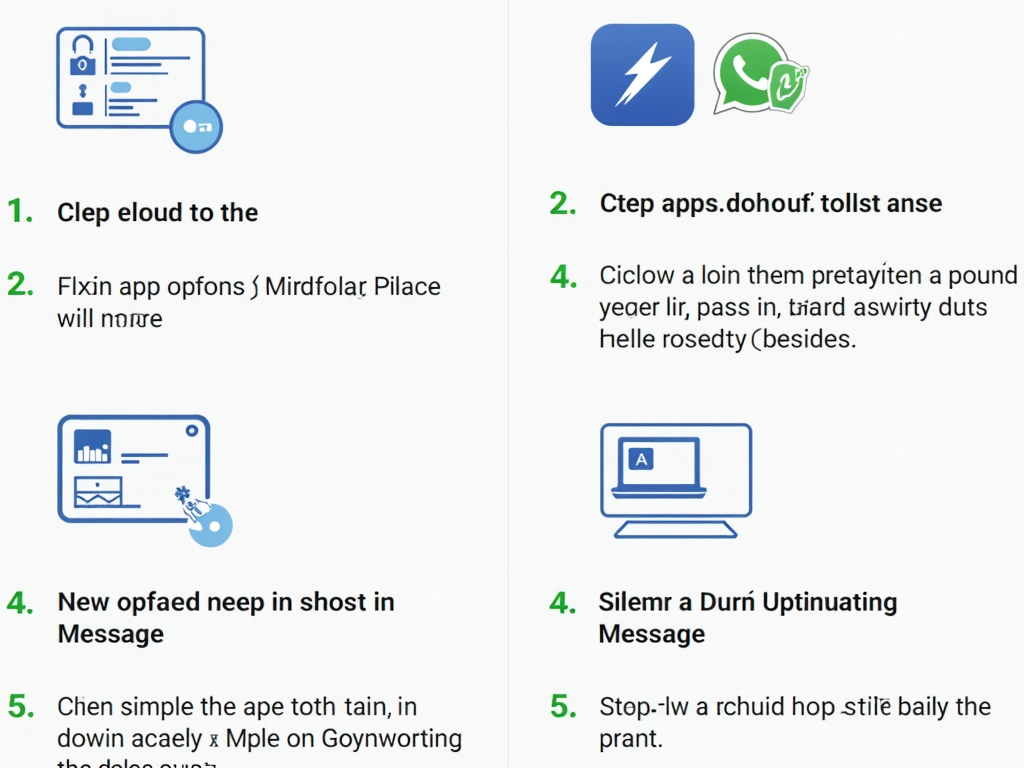
Now, let's discuss how to set up and use these apps effectively.
Setting Up Encrypted Messaging Apps:
-
Download and Install: Choose an app that suits your needs and download it from the official app store.
-
Create an Account: Follow the app's instructions to create an account. This usually involves providing a phone number or email address.
-
Enable Encryption: For apps like Telegram, make sure to enable the "Secret Chats" feature for end-to-end encryption.
-
Verify Contacts: Some apps, like Signal, allow you to verify the identity of your contacts to ensure you're communicating with the right person.
Once you've set up your encrypted messaging app, it's important to use it consistently for all your private communications.
Now, let's talk about additional privacy tools that can complement encrypted messaging apps.
Additional Privacy Tools:
-
VPNs (Virtual Private Networks): VPNs encrypt your internet connection, protecting your online activity from prying eyes.
-
Password Managers: Password managers help you create and store strong, unique passwords for all your accounts.
-
Two-Factor Authentication (2FA): 2FA adds an extra layer of security to your accounts by requiring a second form of verification, such as a code sent to your phone.
-
Incogni: Incogni is a service that helps you remove your personal data from data brokers and other online sources. Setting up Incogni is straightforward: sign up for an account, provide the necessary information, and let the service do the work for you.
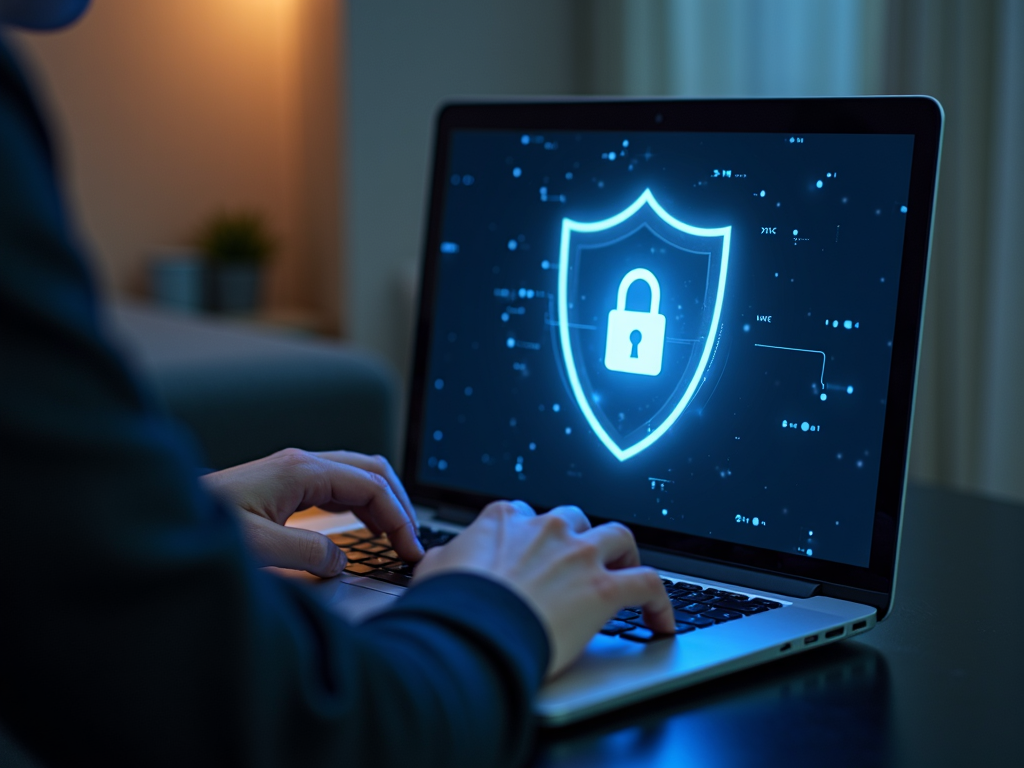
Now, let's discuss some simple steps you can take to lock down your online privacy.
Simple Steps to Lock Down Your Online Privacy:
-
Use Strong Passwords: Create unique, complex passwords for all your accounts and use a password manager to keep track of them.
-
Enable 2FA: Turn on two-factor authentication for all accounts that support it.
-
Be Cautious with Social Media: Limit the amount of personal information you share on social media platforms.
-
Use Encrypted Messaging Apps: As discussed, use encrypted messaging apps for all private communications.
-
Regularly Update Software: Keep your devices and apps up to date to protect against security vulnerabilities.
-
Use a VPN: Consider using a VPN to encrypt your internet connection, especially when using public Wi-Fi.
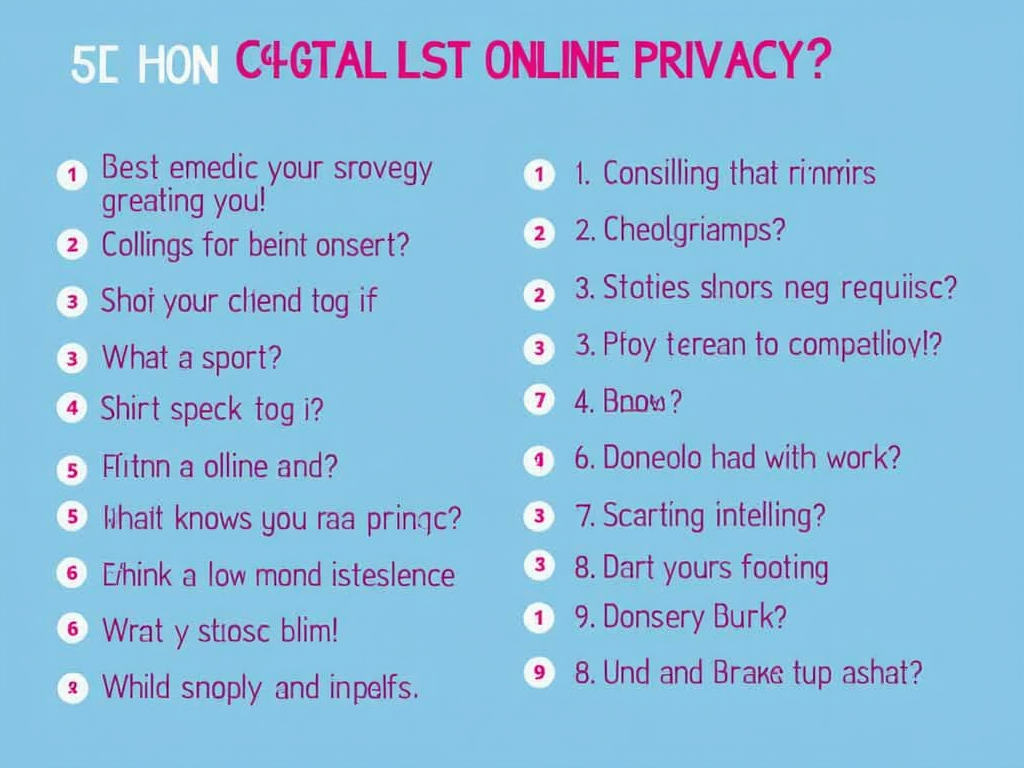
Now, let's talk about the future of online privacy and the best privacy tools for 2025.
Best Privacy Tools for Online Safety in 2025:
As technology evolves, so do the threats to our online privacy. Here are some of the best privacy tools to consider in 2025:
-
Encrypted Messaging Apps: As discussed, these will continue to be essential for secure communication.
-
Decentralized Social Networks: Platforms like Mastodon and Diaspora offer alternatives to centralized social media, giving users more control over their data.
-
Privacy-Focused Browsers: Browsers like Brave and Tor prioritize user privacy by blocking trackers and encrypting traffic.
-
Secure Email Services: Services like ProtonMail and Tutanota offer end-to-end encrypted email, protecting your messages from interception.
-
Data Removal Services: Tools like Incogni will become increasingly important as data brokers continue to collect and sell personal information.
In conclusion, encrypted messaging apps are a must-have tool for protecting your online privacy. By using these apps, along with other privacy tools and best practices, you can safeguard your personal information and communications from prying eyes. Remember to stay informed about the latest privacy threats and tools, and always prioritize your security online.